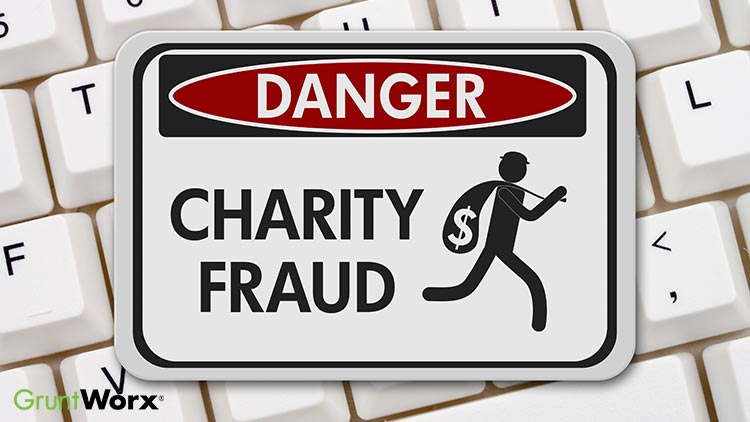
September 18, 2020
Wildfires and straight-line winds started tearing across Oregon on September 7, displacing families and businesses in their path. While the Internal Revenue Service this week announced tax relief for those in FEMA-declared disaster areas, good Samaritans are no doubt already donating to charities serving victims. Unfortunately, nothing is ever simple—especially in 2020—and that means having to keep an eye out for scammers. Consistently making the IRS’ infamous “Dirty Dozen” list of scams, fake charities pop up as soon as tragedy strikes.
What is a fake charity?
Criminals create fake charities to trick donors out of their hard-earned money. In the 2020 Dirty Dozen, the IRS explains that “criminals frequently exploit natural disasters and other situations such as the current COVID-19 pandemic by setting up fake charities to steal from well-intentioned people trying to help in times of need.” The agency says that these kindness vampires bank on donors’ urge to act quickly when deploying a number of phishing scams:
- Emails
- Phone calls
- Social media posts and ads
- Text messages
- Websites
“Fraudulent schemes normally start with unsolicited contact by telephone, text, social media, e-mail or in-person using a variety of tactics,” the IRS says. “Bogus websites use names similar to legitimate charities to trick people to send money or provide personal financial information. They may even claim to be working for or on behalf of the IRS to help victims file casualty loss claims and get tax refunds.” Criminals work hard to avoid working, so they might canvas neighborhoods in person—even during our pandemic paradise.
How do I know if a charity is legit?
The easiest way to know your donations are going to legitimate charitable causes is by using “Tax Exempt Organization Search” on IRS.gov. After navigating to the webpage, scroll down until you see a giant blue button that reads “Tax Exempt Organization Search,” then click it and follow the provided instructions.
Even if you get an email or see a web ad from “The Red Cross,” it’s still a good idea to directly navigate to the organization’s website instead of following links you encounter in the digital wild. With that said, stay safe, and make sure your money is going to legitimate causes.
Sources: IR-2020-215;







